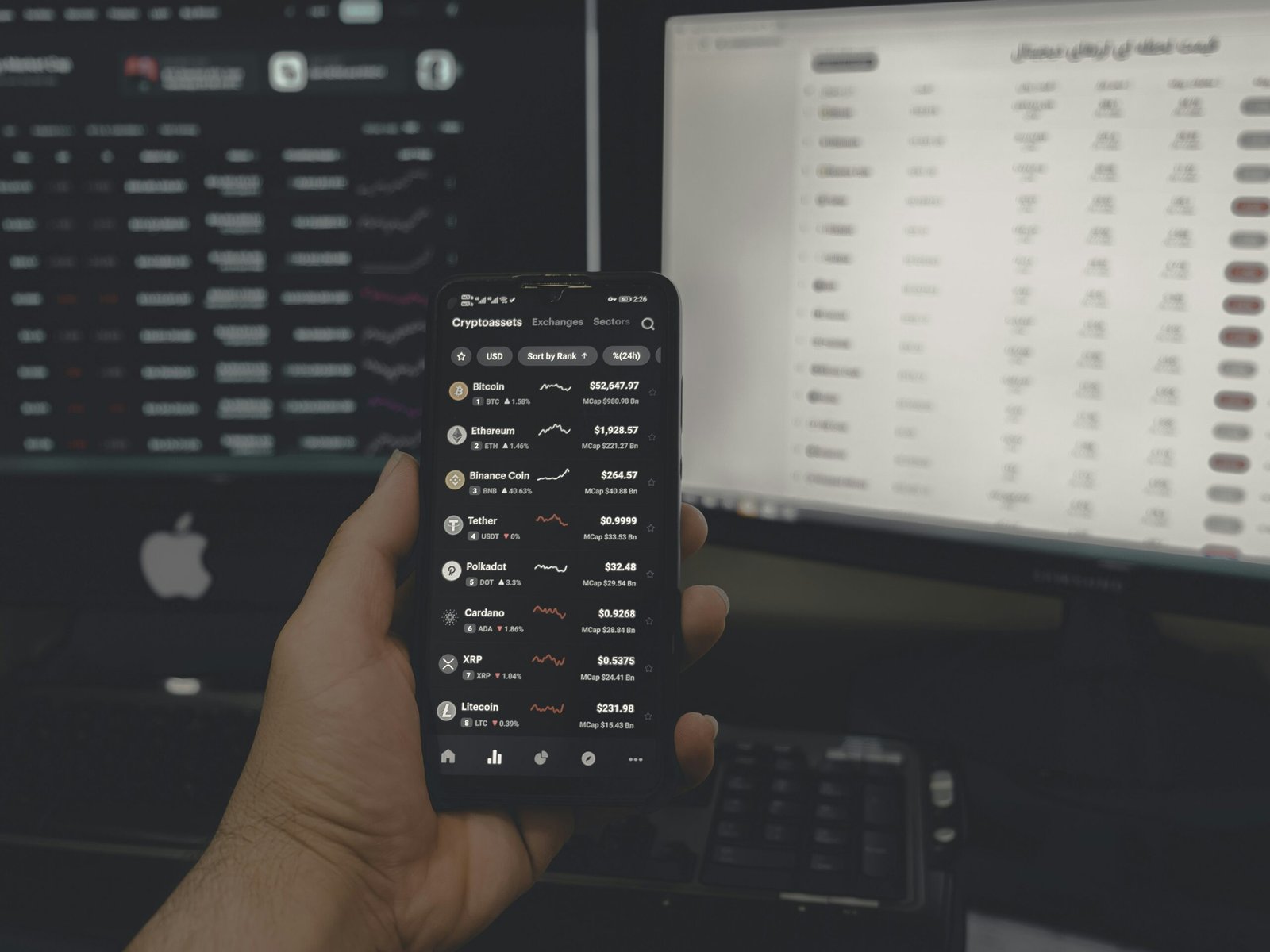
Discover the groundbreaking X-Shot Sniper BOT, an innovative trading tool introduced by $X Project that is set to redefine the world of crypto trading. Designed to give traders a competitive edge, the X-Shot Sniper BOT boasts unmatched speed and precision, allowing for lightning-fast execution of transactions. With the ability to tailor trading strategies and replicate trades from selected wallets, X-Shot offers unparalleled control and profit potential. Additionally, X-Shot introduces exclusive premium features and contributes to the growth of the $X ecosystem. But amidst all its incredible features, you might wonder, are there any regulations regarding the use of crypto trading bots? Let’s find out.
Regulations Regarding Use of Crypto Trading Bots
Introduction to Crypto Trading Bots
Crypto trading bots have become increasingly popular tools for traders looking to optimize their trading strategies and automate their trading activities in the volatile cryptocurrency market. These bots are software programs that use algorithms and artificial intelligence to execute trades on behalf of traders, with the goal of generating profits by taking advantage of market trends and fluctuations. They are designed to analyze market data, identify trading opportunities, and execute trades without human intervention.
Overview of Regulatory Landscape
The regulatory landscape surrounding crypto trading bots is still evolving and varies from country to country. Governments and regulatory bodies around the world are grappling with how to effectively regulate the use of these automated tools in the cryptocurrency market. While some jurisdictions have introduced specific regulations or guidelines for crypto trading bots, others have not yet addressed them directly, leaving traders and bot developers in a regulatory gray area.

Lack of Specific Regulations for Crypto Trading Bots
One of the main challenges in regulating crypto trading bots is the fast-paced and rapidly evolving nature of the cryptocurrency market. Traditional financial regulations often struggle to keep up with the pace of innovation in the crypto space. As a result, there is a lack of specific regulations that directly address the use, development, and operation of crypto trading bots.
Implications for Traders and Bot Developers
The lack of specific regulations for crypto trading bots has implications for both traders and bot developers. For traders, it means that they need to be cautious when using these bots and ensure that they comply with existing financial regulations, such as those related to market manipulation, securities laws, and anti-money laundering (AML) and know your customer (KYC) requirements.
Bot developers, on the other hand, face the challenge of operating in a regulatory gray area. They need to navigate the legal and compliance landscape carefully to avoid running afoul of existing regulations. This includes considering factors such as data privacy and security, as well as international regulatory approaches.

Regulations on Market Manipulation
One area of concern for regulators is market manipulation. The crypto market is known for its volatility, and there have been instances of pump-and-dump schemes and other manipulative activities. Regulators are keen to prevent these activities and protect investors from potential losses. As a result, some jurisdictions have introduced regulations specifically targeting market manipulation, which may indirectly impact the use of trading bots.
Securities Laws and Investor Protection
Another important aspect of regulation in the crypto space is securities laws and investor protection. In some cases, crypto trading bots may be considered securities, and as such, they may be subject to securities laws and regulations. This includes requirements such as registration, disclosure, and reporting obligations. Traders and bot developers need to be aware of these regulations and ensure compliance to avoid any legal consequences.

Anti-Money Laundering (AML) and Know Your Customer (KYC) Regulations
Given the decentralized and often anonymous nature of cryptocurrency transactions, regulators are concerned about the potential misuse of cryptocurrencies for illicit activities, such as money laundering and terrorist financing. As a result, many jurisdictions have implemented AML and KYC regulations for cryptocurrency-related activities, including the use of trading bots. Traders and bot developers need to implement robust AML and KYC measures to prevent their platforms from being used for illegal activities.
Data Privacy and Security
The handling and storage of user data is another important aspect of regulation in the crypto trading bot space. Traders and bot developers need to ensure that they comply with relevant data privacy and security regulations to protect user information and prevent data breaches. This includes implementing robust security measures, such as encryption and multi-factor authentication, as well as providing clear privacy policies to users.
International Regulatory Approaches
Regulatory approaches to crypto trading bots vary across different jurisdictions. Some countries have taken a proactive stance and introduced specific regulations or guidelines for the use of these bots, while others have adopted a more hands-off approach. Traders and bot developers operating in multiple jurisdictions need to be familiar with the regulatory requirements in each location to ensure compliance.
Guidelines and Best Practices for Bot Users and Developers
In the absence of specific regulations, there are still certain guidelines and best practices that traders and bot developers can follow to ensure they are operating in a responsible and compliant manner. These include:
- Conducting thorough due diligence when selecting a trading bot provider.
- Complying with existing financial regulations, such as those related to market manipulation, securities laws, and AML and KYC requirements.
- Implementing robust data privacy and security measures to protect user information.
- Staying informed about the regulatory landscape and any updates or changes that may impact the use of trading bots.
- Seeking legal advice if unsure about regulatory requirements or compliance obligations.
In conclusion, while there is a lack of specific regulations regarding the use of crypto trading bots, traders and bot developers should still operate with caution and ensure compliance with existing financial regulations, data privacy and security requirements, and international regulatory approaches. Following guidelines and best practices can help mitigate risks and ensure a responsible and compliant use of these automated trading tools in the cryptocurrency market.
